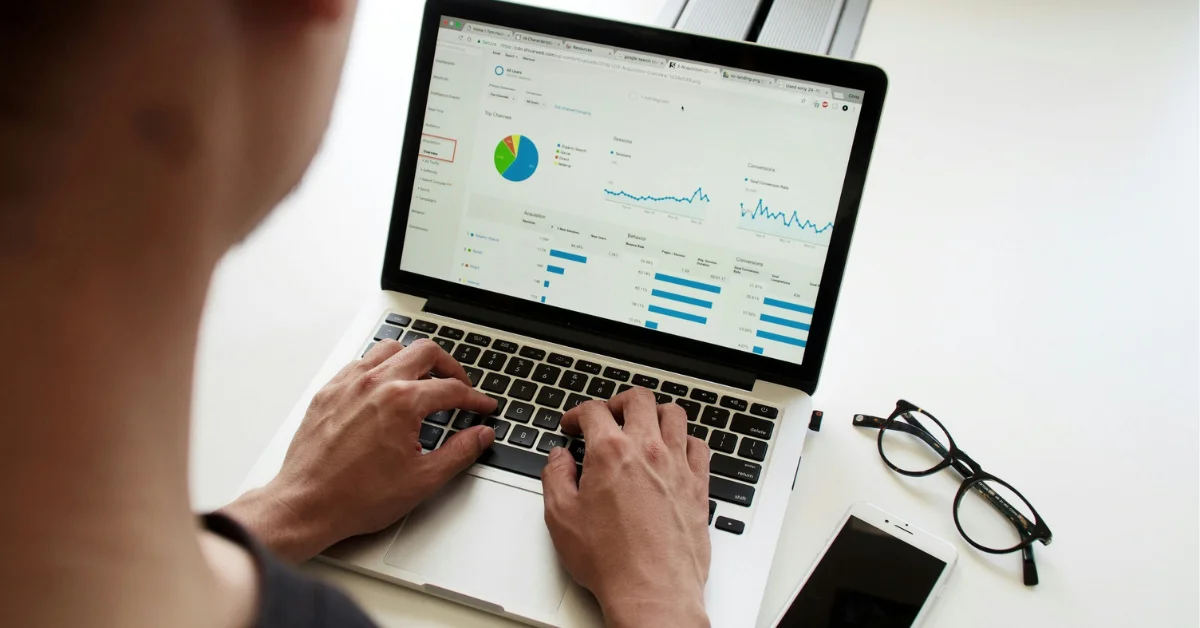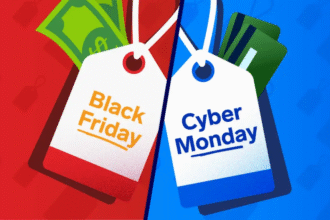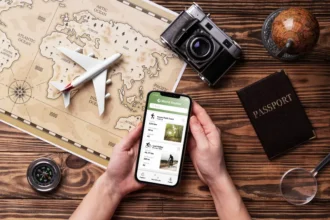We spend a lot of time online. From social media to banking, our personal information is out there. With the increasing number of cyber threats, it’s essential to protect our data. Here are some easy tips to keep your digital life safe:
1. Use Strong Passwords
Avoid simple passwords like “password123.” Instead, create a combination of uppercase and lowercase letters, numbers, and symbols. Don’t use the same password for different accounts. Consider using a password manager to help you generate, store, and manage strong passwords.
2. Turn On Two-Factor Authentication (2FA)
Two-factor authentication makes it harder for someone to get into your account, even if they know your password. It asks you for a code from your phone or email in addition to your password. You should turn on two-factor authentication for important accounts like your email, bank, and social media.
3. Watch Out for Phishing Scams
Be cautious of unexpected emails or texts asking for personal information. Check the sender’s email address carefully. Avoid clicking on links or downloading attachments from unknown sources. If you’re unsure about a message, contact the company directly through their official website.
4. Keep Your Devices Updated
Updates often include security fixes. Set your devices to update automatically. This ensures that you’re always running the latest version of your operating system and apps, which can help protect against vulnerabilities.
5. Use a VPN on Public Wi-Fi
Public Wi-Fi networks are less secure than private networks. A VPN (Virtual Private Network) encrypts your data, making it harder for hackers to intercept and steal. Use a VPN when connecting to public Wi-Fi hotspots, especially for sensitive activities like online banking or shopping.
6. Be Mindful of What You Share
Avoid sharing overly personal information on social media, such as your full address, phone number, or social security number. Use the privacy settings on social media platforms to control who can see your posts and information. Be cautious of sharing your location on social media, as this can reveal your whereabouts to strangers. If you think you are sharing too much on the internet you might even need a digital detox!
7. Monitor Your Accounts Regularly
Keep an eye out for suspicious activity on your accounts, such as unauthorized login attempts, unusual transactions, or unexpected emails. Regularly review your bank and credit card statements for any unauthorized charges or suspicious activity. Update your passwords regularly, especially for important accounts like email, banking, and social media.
8. Back Up Your Data Regularly
Create regular backups of your important files to a cloud storage service or external hard drive. This will help protect your data in case of a data breach, hardware failure, or accidental deletion. Select a reputable cloud storage service or external hard drive that offers secure and reliable storage.
Wrapping It Up
Protecting your data online doesn’t need to be overwhelming. It’s all about small habits—strong passwords, watching for scams, and staying mindful of your online activity. Think of it like locking the doors before leaving the house; a little effort goes a long way in keeping your digital world safe and sound. Stay smart, stay secure, and take control of your online life!








Thanks I have recently been looking for info about this subject for a while and yours is the greatest I have discovered so far However what in regards to the bottom line Are you certain in regards to the supply
Just installed the zo88app. Looks promising, will update the review once I play sometime! So far it is a good app. zo88app
Thanks for sharing. I read many of your blog posts, cool, your blog is very good.
Your point of view caught my eye and was very interesting. Thanks. I have a question for you. https://accounts.binance.com/hu/register-person?ref=IQY5TET4